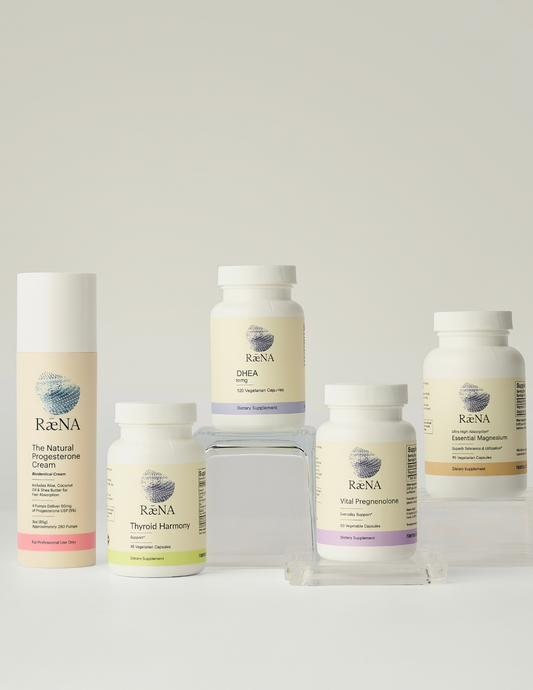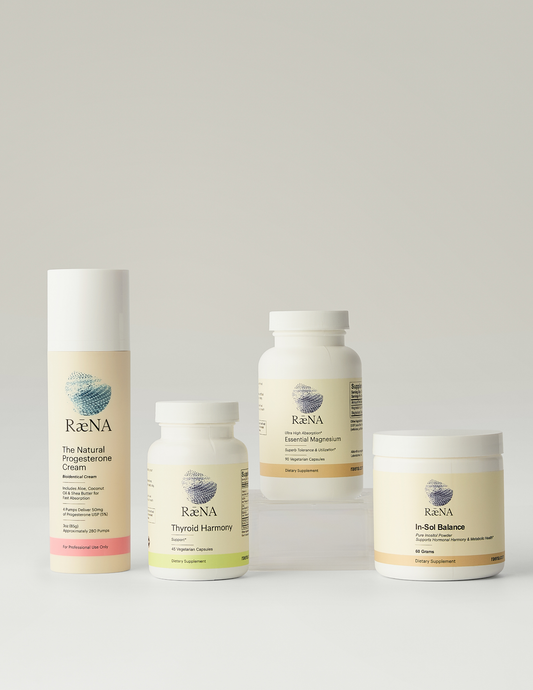
Why Do Menopausal Women Get Vaginal Dryness?
RaenaTexture close-up: human skin with dermatological problems of dryness and cracking
Vaginal dryness is a common menopause symptom that is unfortunately discussed less frequently than other well-known symptoms such as hot flashes. Many women feel ashamed of this issue, which can disrupt their sex life and make daily living more uncomfortable. If you’re struggling with vaginal dryness, it’s important to know there are effective solutions available. Today, we’ll explore why menopausal women experience vaginal dryness and what you can do to ease this problem.
What is Vaginal Dryness?
Vaginal dryness occurs when the tissues of your vagina aren’t properly lubricated or healthy. This is common during menopause and in older women. Signs include discomfort during sex, light bleeding after intercourse, a burning or itching sensation during the day, and sometimes mild vaginal discharge.
Why Do Women Experience Vaginal Dryness?
The most common cause is a decrease in estrogen levels, which usually happens during menopause. Estrogen is essential for keeping vaginal tissues lubricated and healthy. This issue can also occur earlier in life—during childbirth or breastfeeding. Medications and certain medical treatments may also cause vaginal dryness, so it’s nothing to be ashamed of when seeking help.
Besides low estrogen, avoid using douches or products that can worsen the problem. Some condoms and tampons may cause dryness by disrupting the natural vaginal balance with chemicals and ingredients. If you’re taking medications, some may contribute to vaginal dryness as well.
Treating Vaginal Dryness
The good news is that vaginal dryness can often be treated effectively. Supplementing with natural progesterone helps maintain libido and restore vaginal health. In some cases, low-dose estrogen (preferably estriol applied intravaginally) may also be recommended. Vaginal moisturizers and lubricants are widely available and can reduce dryness, making daily life and sex more comfortable. DHEA (dehydroepiandrosterone) is another option that has shown benefits.
“By a local action in the vagina, DHEA applied daily at doses at which serum steroids remain well within normal postmenopausal values exerts relatively potent beneficial effects on all four aspects of sexual dysfunction.”
Vaginal dryness affects many women during menopause primarily due to declining estrogen levels. If you’re experiencing this symptom, contact our team today for personalized advice and treatment options to ease your discomfort.
Sources:
-
Menopause. Sep-Oct 2009;16(5):923-31. Effect of intravaginal dehydroepiandrosterone (Prasterone) on libido and sexual dysfunction in postmenopausal women. Labrie F, Archer D, Bouchard C.
PubMed link -
Horm Mol Biol Clin Investig. 2016 Mar;25(3):181-90. Effect of intravaginal dehydroepiandrosterone (DHEA) on the female sexual function in postmenopausal women: ERC-230 open-label study. Labrie F, Archer D, Bouchard C.
PubMed link


